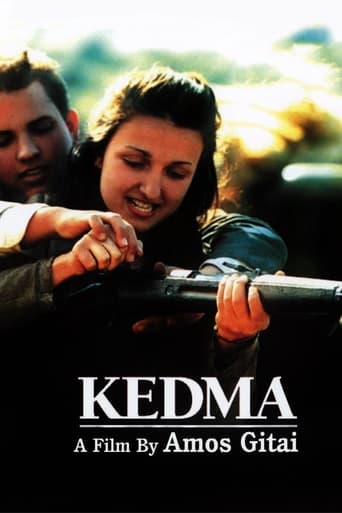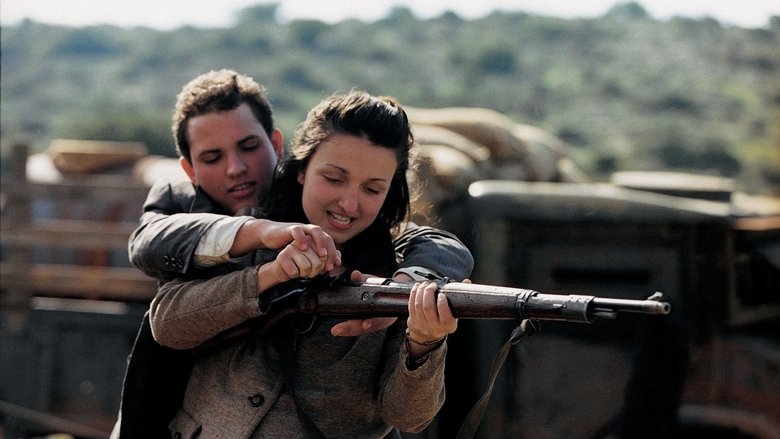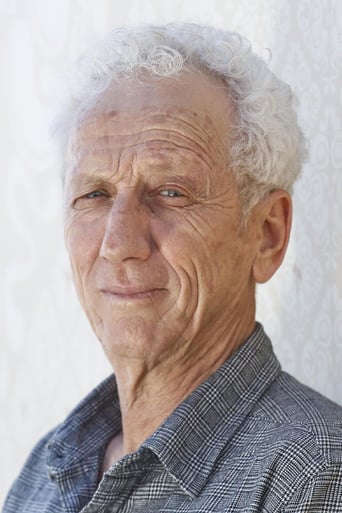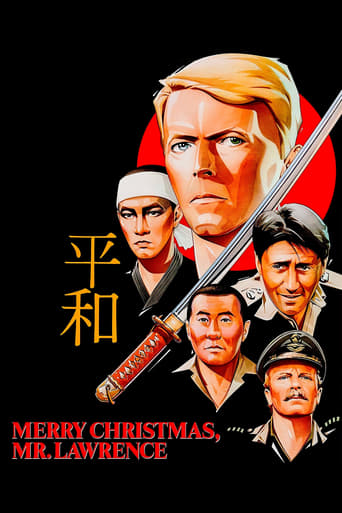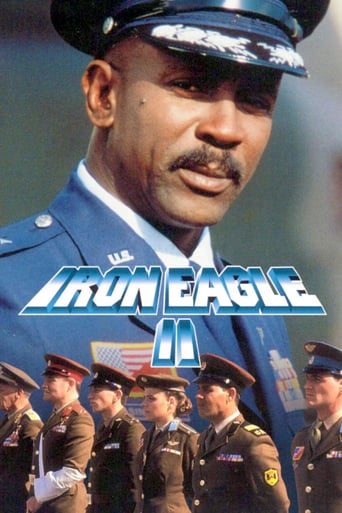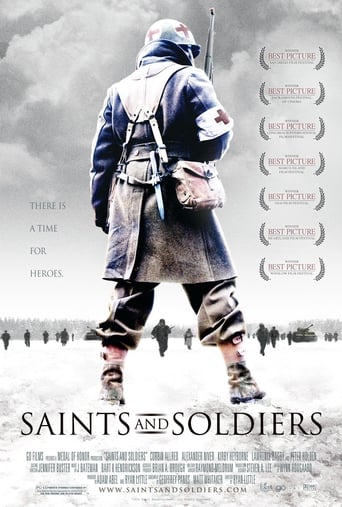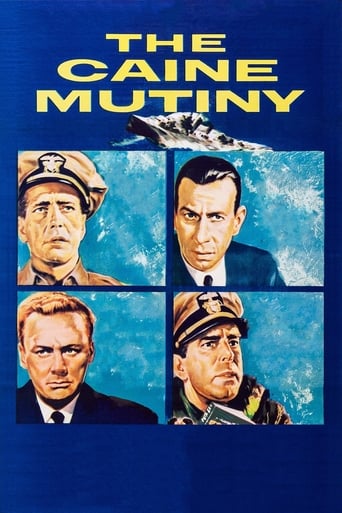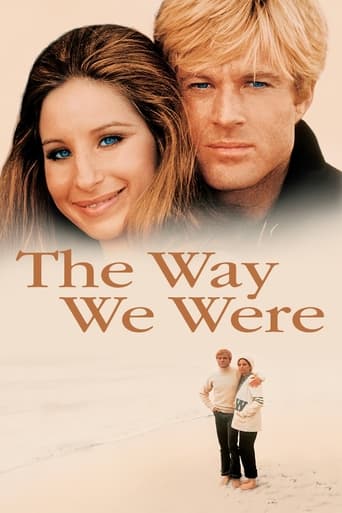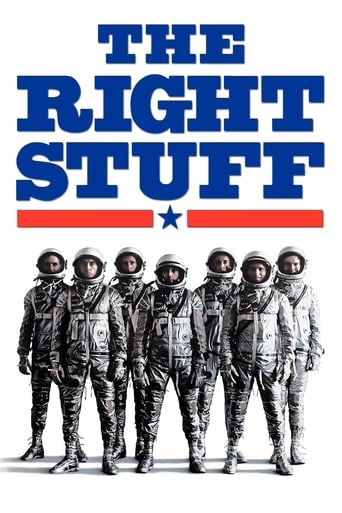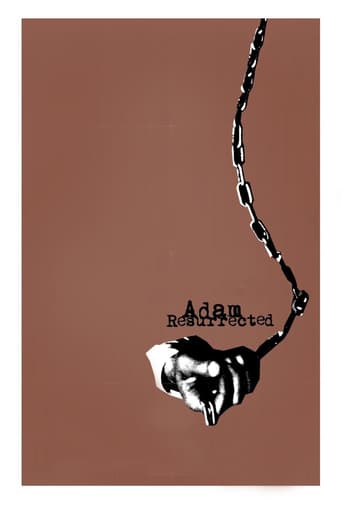Kedma (2002)
In May 1948, shortly before the creation of the State of Israel, hundreds of immigrants from across Europe arrive in Palestine--only to risk arrest by British troops.
Watch Trailer
Cast


Similar titles
Reviews
Good , But It Is Overrated By Some
Absolutely Fantastic
A story that's too fascinating to pass by...
Let me be very fair here, this is not the best movie in my opinion. But, this movie is fun, it has purpose and is very enjoyable to watch.
i must say that i am surprised. i didn't want to see that movie because i assumed that if it was created by Amos gitai i shouldn't expect to enjoy it.i saw kipur before and free zone and i didn't like it. but i must be honest that i actually cried in the movie because it is so sad and its very close to the story of my family. all of my family are Holocaust survivors.my grandmother and her husband and two children came to Israel on a ship.her husband was sent immediately to fight in the front in order to help the besieged Jerusalem and she never heard from him ever since.we finally found his grave 10 years after she past away.so i definitely sympathized with menachem and his girl. that was the realty for many Holocaust survivors that came to Israel and i think that this is what yanosh the main charged is lamenting when he says;*we have no history,the non-Jews did our history for us,not we,we would have never made it the way it was,we couldn't do anything to stop them*.the battle scenes in the movie are very realistic and exciting though very tragic .the common fighting of both man and women in the battle field is also very impressing. the way of fighting described in the movie is very typical for the war of independence and the fact that the camera is always on the attacking side and doesn't give a full picture of the battle zone or the view from the enemy angel and actually showing the viewer how a battle go in realty from the fighter point of view meaning allot of noise,yelling and screaming,explosions,confusion. this is very different from traditional war movies that show in different shots one side action and the other side reaction like a soldier is shooting and then in the next picture you see an enemy soldier is getting hit on the other side and the noise and screaming is usual buffered.the surprising point of the movie is that the one of the main characters of the movie was in real life an Arab-Jew that was known for its anti-Israeli opinions but in the movie he play a brave Jewish fighter.on top of that the same fighter is talking to Arabs that flee the country and while doing so he repeat the Israeli opinion on the war that say that the Arabs that fled the country escaped it as oppose to the Arab view that claim that they were all physically depopulated by the Jews. gitai is also touching one the war myths about the 35 soldiers that were sent to transport food and medicine to Jerusalem and found and old arab man on the way and spare his life after a long moral argument among them self but after they realist him he called all the Arab villagers and they all came and killed the soldiers and mutiled their bodies.i recommend every one to see the movie,though i don't think that movie is better then *exodus*with Paul Newman and *giant shed* with kirk Douglas when it come to describe the war of independence.
Amos Gitai is one of the best known Israeli directors, quite successful in the circuit of the international cinema festivals. What a pity that his daring and fresh approach to the key moments of the Israeli history is not doubled, unfortunately, at least in this film, by appropriate cinema means.The historical setting of 'Kedma' is the moment of the beginning of the state of Israel when immigrants from Europe, survivors of the Holocaust arrive in Israel aboard the illegal immigration boats, just to finds on the promised shore a new land of conflict. 'Kedma' is the name of an immigrants boat, as 'Exodus' was, and it deals with the same period as in Leon Uris's book and film 'Exodus', Certainly this important moment in history deserves a better treatment than the Hollywood one. It's a setting well entrenched in the collective memory of any Israeli and Palestinian. Gitai however is more interested in decomposing the historical myth rather than building or describing it.There are a few good moments in this film. Gitai likes long shots, and the first scene of the film is a beautiful rendition of the immigrants boat, with a nice passing from private to very public life. Another set of scenes represent the communication, or rather the lack of communication between the groups in the new country - immigrants from Europe still in shock after the horrors of the Holocaust, local Jews, prototypes of the 'new Israelis' full of confidence but lacking the understanding of the problems of other groups, displaced Arabs, mis-guided by their leaders and terrorized by the show of force of the Jews starting the long march that will become some day the Palestinian refugees problem, opera-style British troops, all these groups of humans get together in well filmed scenes, but do not really communicate. This is one of the problems that lay at the origin of the Israeli-Arab conflict seems the author to say.Despite some memorable scenes, the film does not come together as a consistent piece of cinema. Characters get lost, show up and die too fast, they are more an idea of what they could be than real screen characters. The problem is not the lack of message, but the means - the author focuses in two monologues (by the displaced Arab, and by the Polish Jew immigrant) that say a lot about the continuity of conflict and about heroism being no more than a form of despair in front of the vicissitudes of history, but these are theatrical or literary monologues, without a connection with the film environment where they are placed. 'Kedma' is memorable by its setting and message, but not a good film to remember.
I like this movie in many ways, mainly because it's honest portrayal of the creation of modern day Israel, and what happened so that nation could be born. Kedma is a powerful story of triumph in terms of surviving the Holocaust, and the story of another tragedy of those who had to endure war and more loss.The Palestinian situation is also well shown in an unbiased way. I was glad that their side of the story was shown; though by saying this I am not trying to be political. I am saying that in a war like this, both sides need to be heard to understand the tragedy of what was going on.Is this a great movie? Yes and no. The story simply dragged in too many points, spending too much time describing characters and situations. I am sure this was the director's intent and it does serve the story somewhat. I knew this wasn't going to be an action movie, however I was expecting a bit more then brief rare lines and over dramatic philosophizing. Most of the movie just seemed to empty.This would be a good movie for a class studying Israel. I would recommend it to anyone who has studied the history of the Jews and Israel.
Opening with a virtuoso and near-wordless sequence, set in May 1948, in which surviving European Jews arrive by boat in Palestine, eight days before the creation of the state of Israel, the provocative and often controversial Gitaï's latest interrogation of his nation's history and challenging contemporary reality focuses on one of its key originating moments. As the passengers look to disembark, they are shot upon by British troops intent on stopping them, and caught up in the retaliatory fire of the Jewish secret army, seeking to aid their arrival. Proceeding to follow the immigrants on their first steps in the 'promised land', Gitaï casts a considered but unflinching eye over the founding conceits of his country. Putting the issue of territory centre-screen, and given undoubted extra resonance by the current situation in the Middle East, it's also telling about British imperial responsibility in the region. However, at its heart is a personal and communal story, of displacement, anticipation, endurance and comradeship, wide in its appeal and generous, while demanding of all sides, in its understanding.

